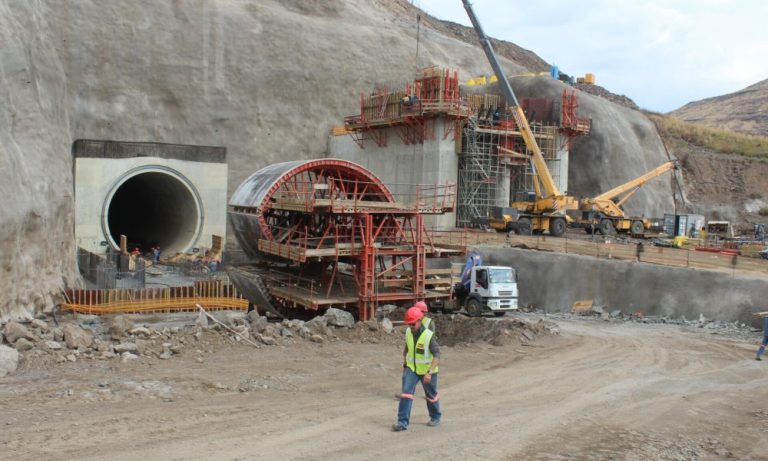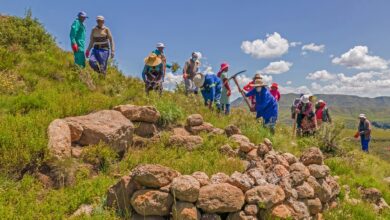Mokhotlong Communities Raise Alarms Over Transactional and Intergenerational Sex Linked to Polihali Dam Construction

Communities in Mokhotlong have expressed deep concern over the rising prevalence of transactional sex and intergenerational sexual relationships involving adolescent girls and young women (AGYW) and men working on the Polihali Dam construction site. These relationships, driven largely by economic hardship, are putting young women at increased risk of HIV infection and complicating community efforts to address public health challenges.
The troubling trends were highlighted in a report compiled by the Parliamentary Portfolio Committee on Pandemics following consultations held in October 2024 with key stakeholders, including the Lesotho Highlands Development Authority (LHDA), the Mokhotlong community, ministries of health and natural resources, and other partners.
Presented to the National Assembly on Friday by the committee chairperson, Paul Masiu, the report identifies Mokhotlong as one of the districts facing high rates of unintended pregnancies among adolescents. The report reveals that many pregnant adolescents subsequently drop out of school, driven by the perception that continuing education is futile, which further exacerbates their vulnerability. “When they discover that they are pregnant, the adolescents drop out of schools due to a belief that schooling is a waste of time, and they opt to have multiple partners,” the report notes.
The parliamentary inquiry was prompted by public outcry over the alarming rise in HIV, tuberculosis (TB) infections, and unintended pregnancies in communities surrounding the Polihali dam construction site. The report draws a clear link between these health challenges and sexual interactions between Polihali workers and local villagers.
While the construction project has intensified the problem, the Ministry of Health highlighted that Mokhotlong had been grappling with similar challenges even before the Polihali project began. Factors such as poverty and migration were already contributing to high rates of HIV and TB infections in the district.
The report provides important context about the scale of employment linked to the Polihali project. A total of 56,484 unskilled workers registered at the Polihali Labour Recruitment Desk, with 16,258 coming from the project area and 40,226 nationally. Of these, 3,980 unskilled personnel have been employed, including 3,706 from the local area. In addition, 9,054 skilled Basotho workers have been employed to date out of 10,328 registered, bringing the total jobs created by the project to 13,034.
Despite these job creation successes, the report warns that economic benefits have been accompanied by unintended social and health consequences that require urgent attention.
The Parliamentary Portfolio Committee has urged a multi-sectoral response to mitigate the risks to adolescents and young women. This includes stronger community engagement, increased access to sexual and reproductive health services, HIV prevention education, and support for young mothers to remain in school.
As Mokhotlong communities continue to confront these intertwined challenges, the report emphasizes the need for ongoing monitoring and collaboration between the government, development authorities, and local stakeholders to protect the health and wellbeing of vulnerable populations affected by large-scale infrastructure projects.
The Polihali Dam project remains critical for Lesotho’s development, but the findings underscore that addressing its social impacts is essential to ensuring the project’s benefits are sustainable and inclusive.




